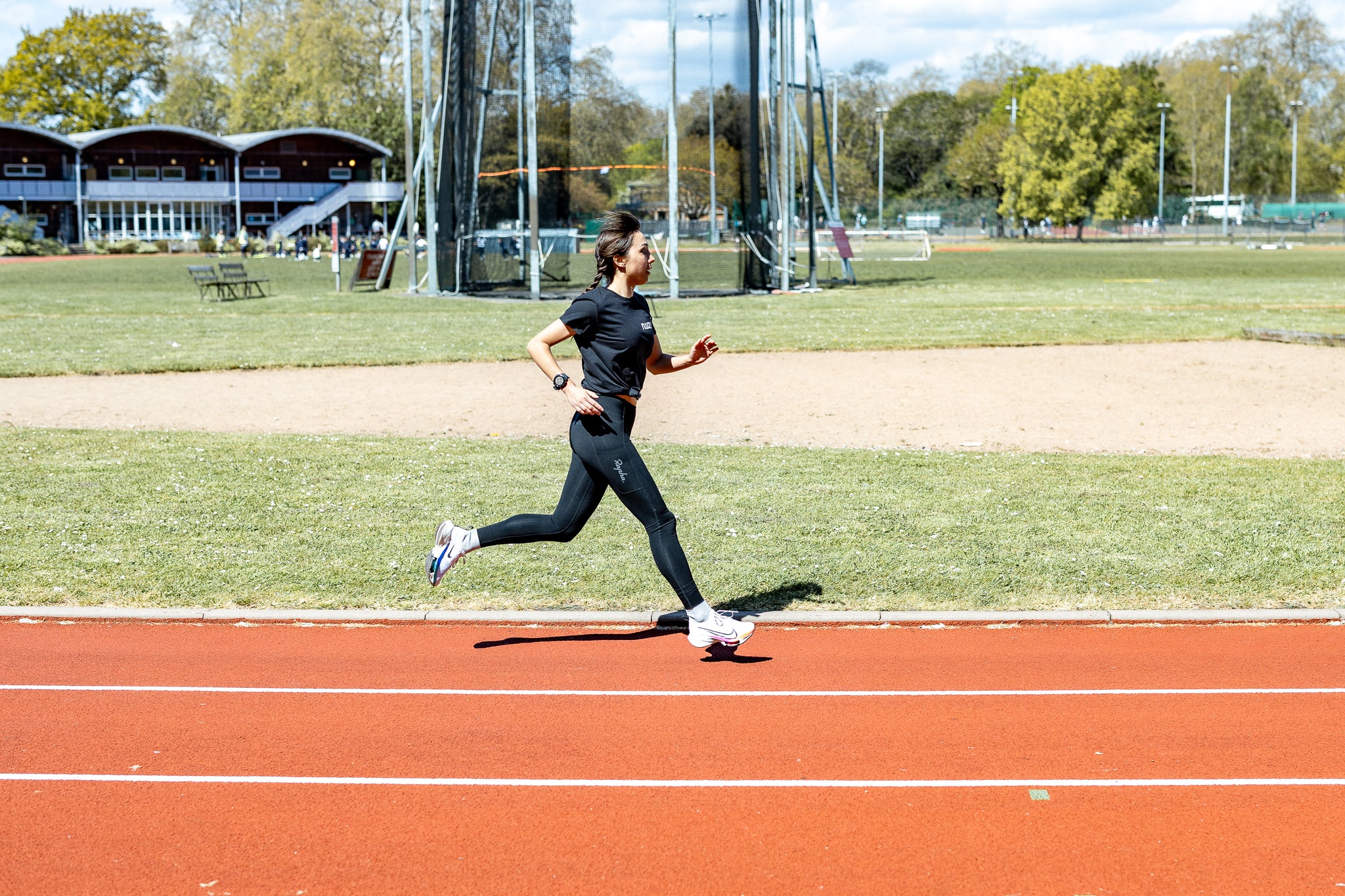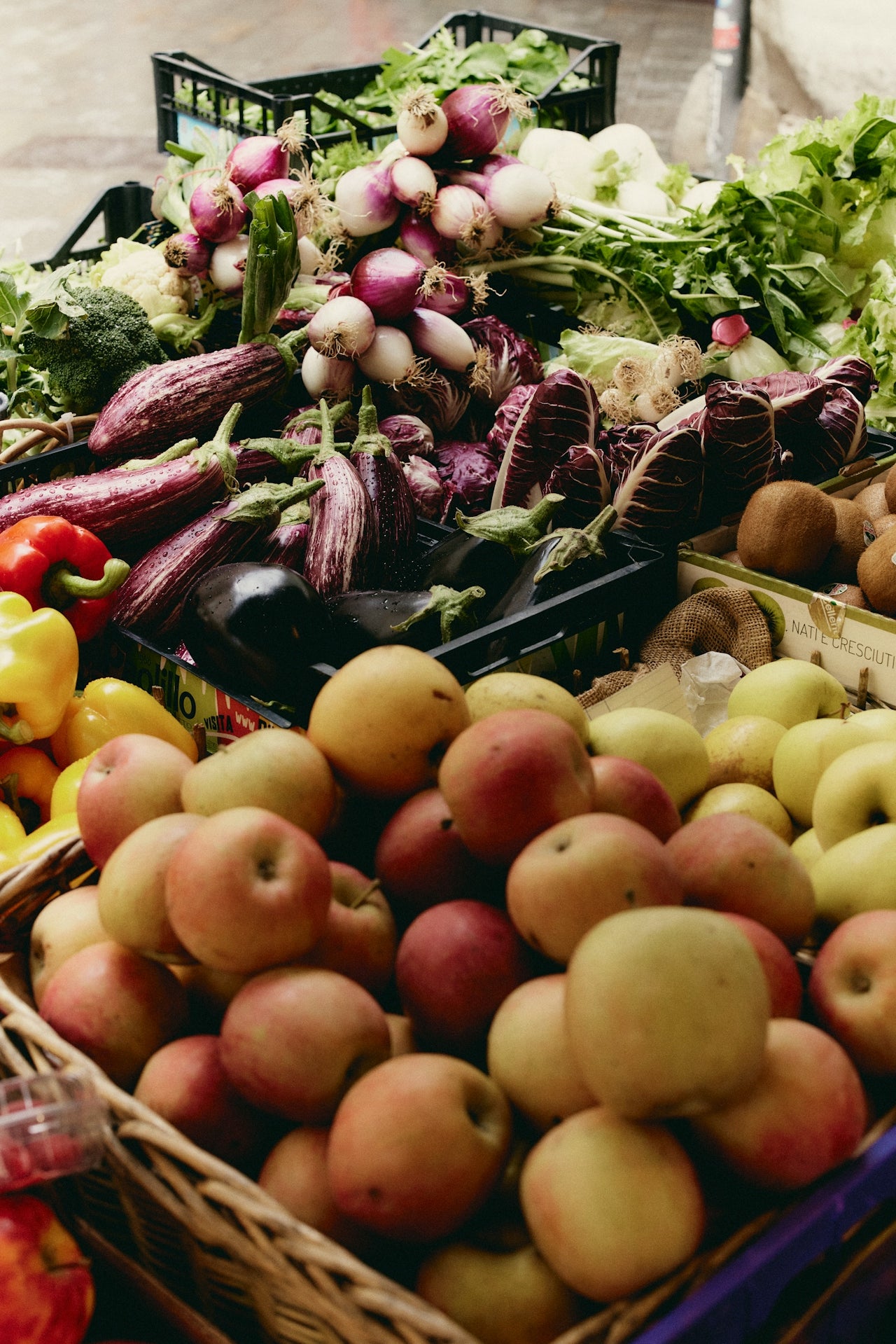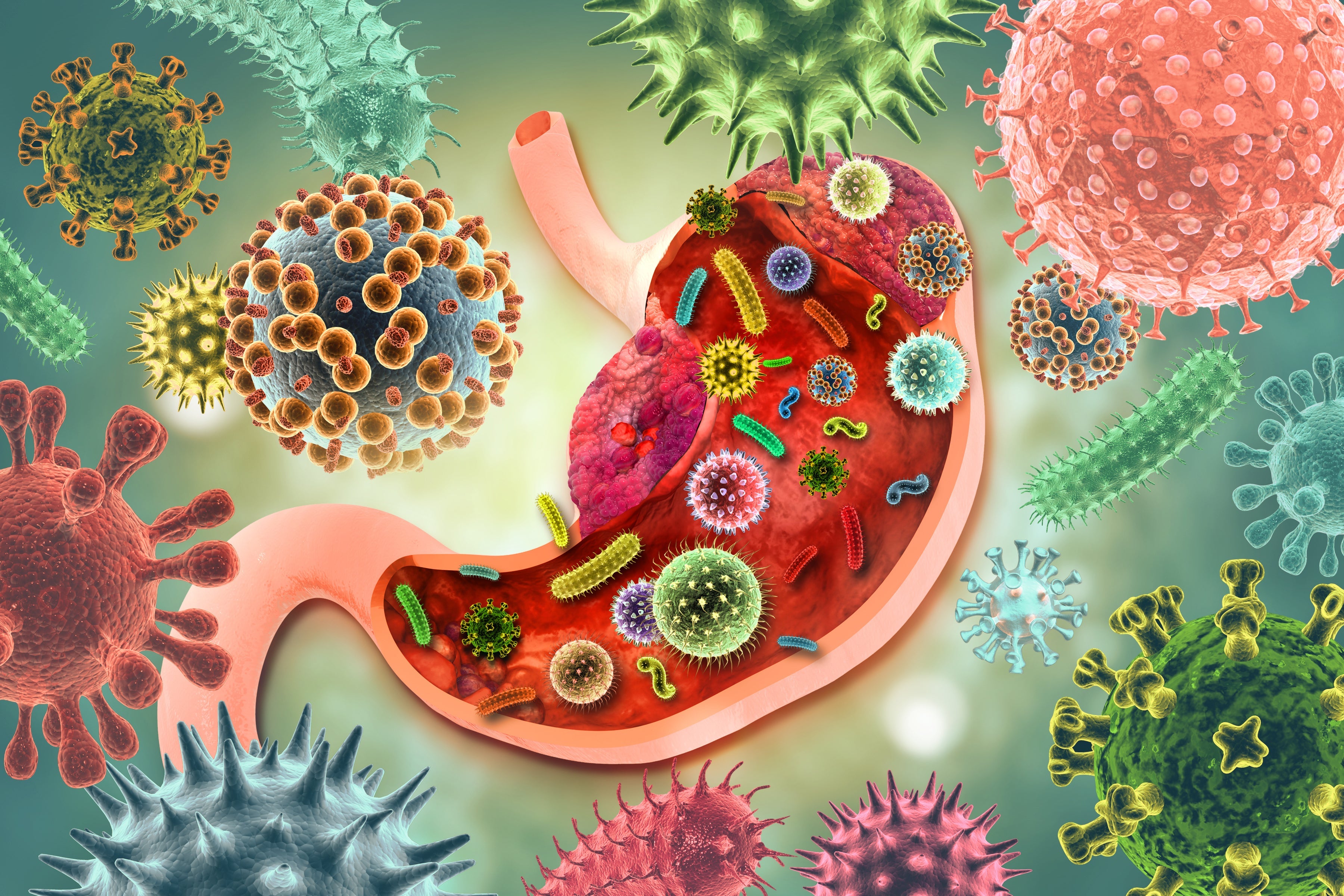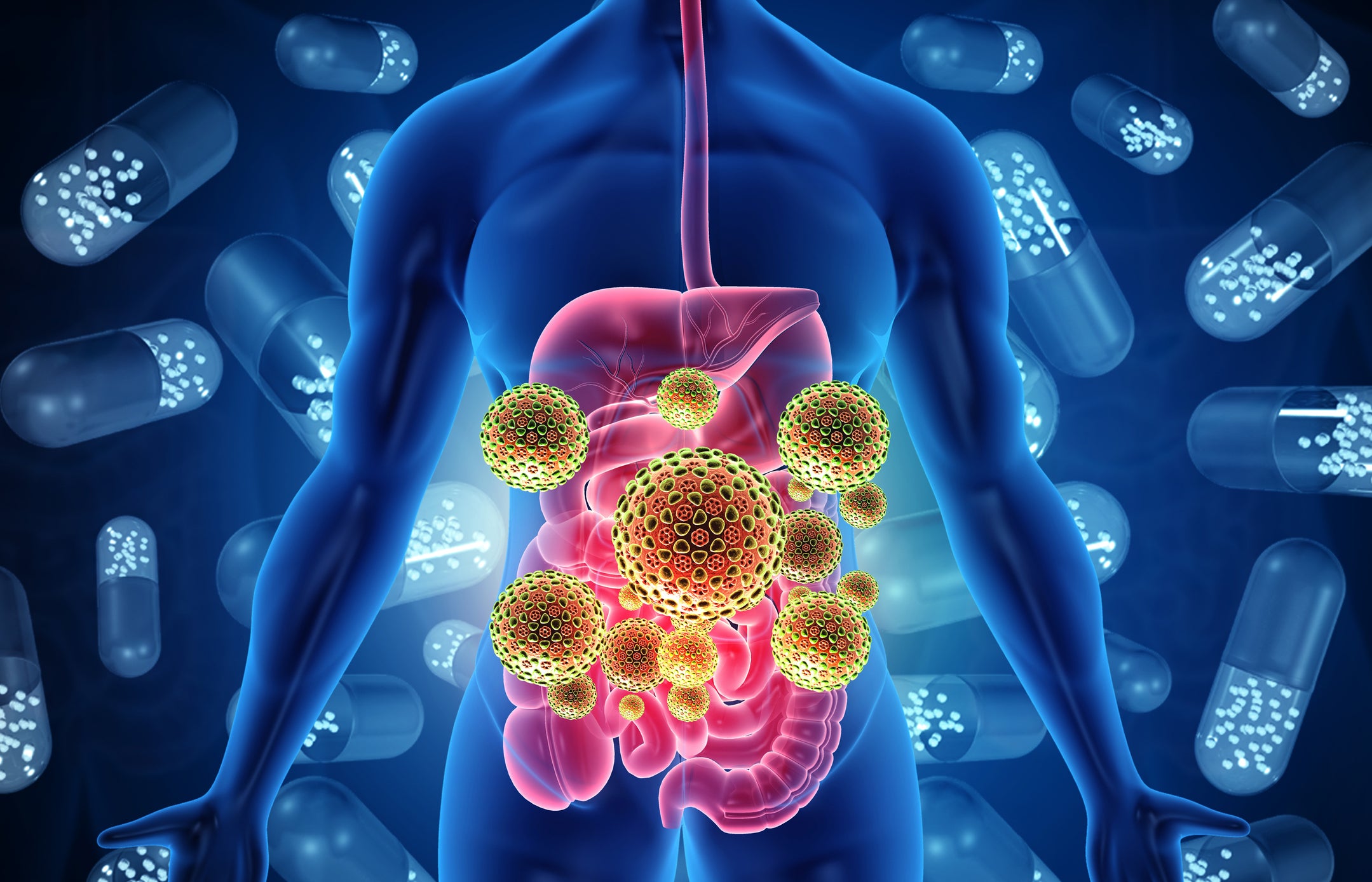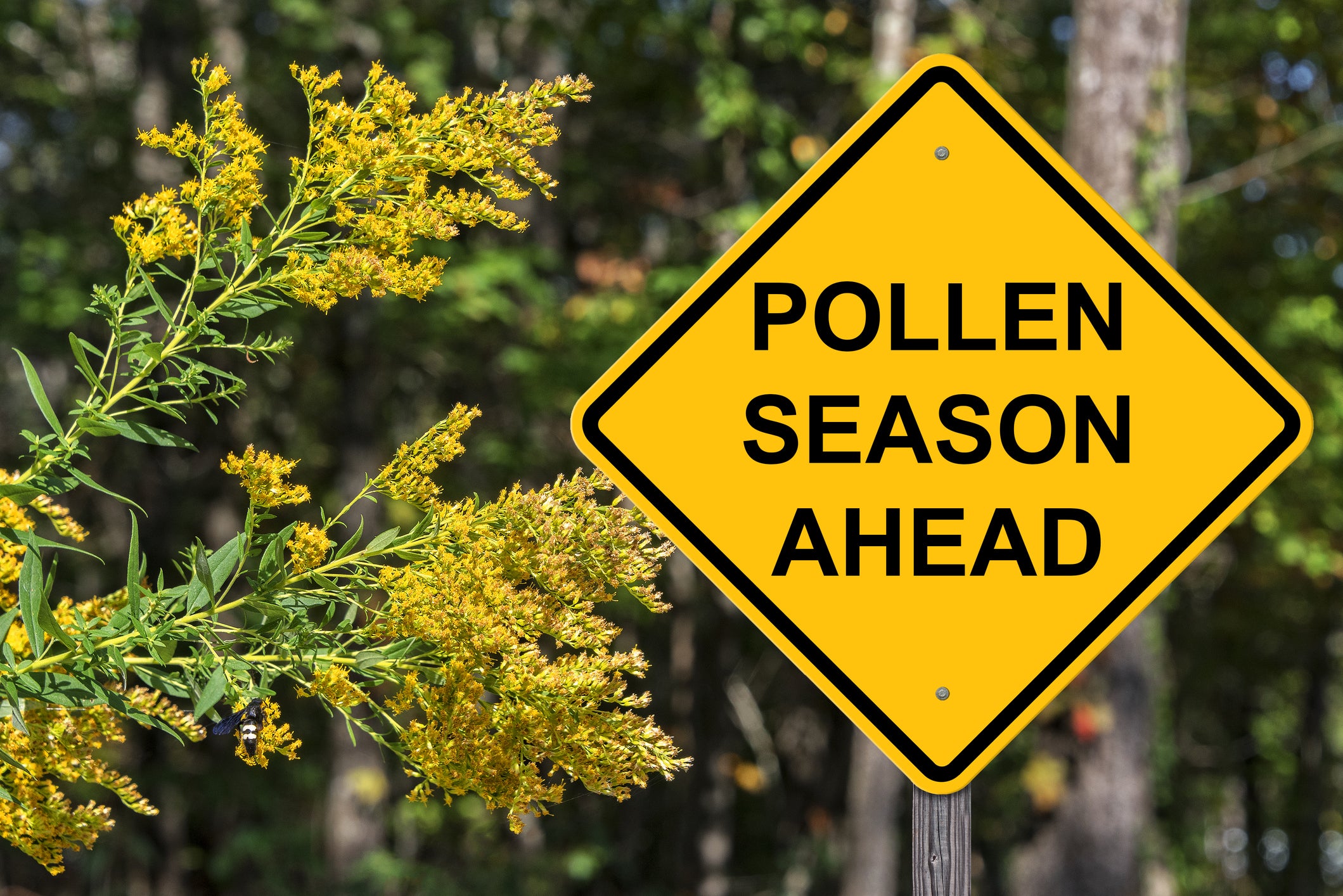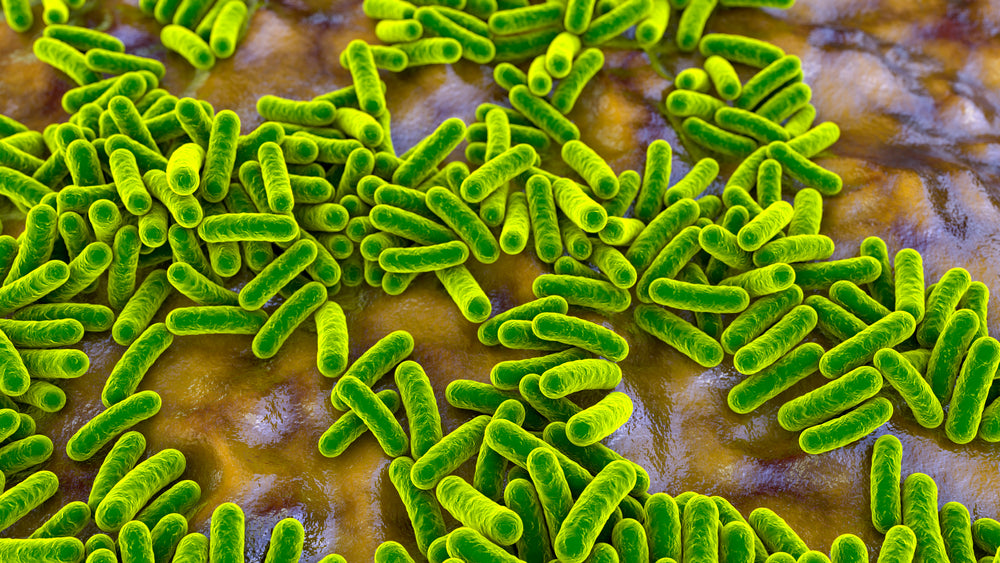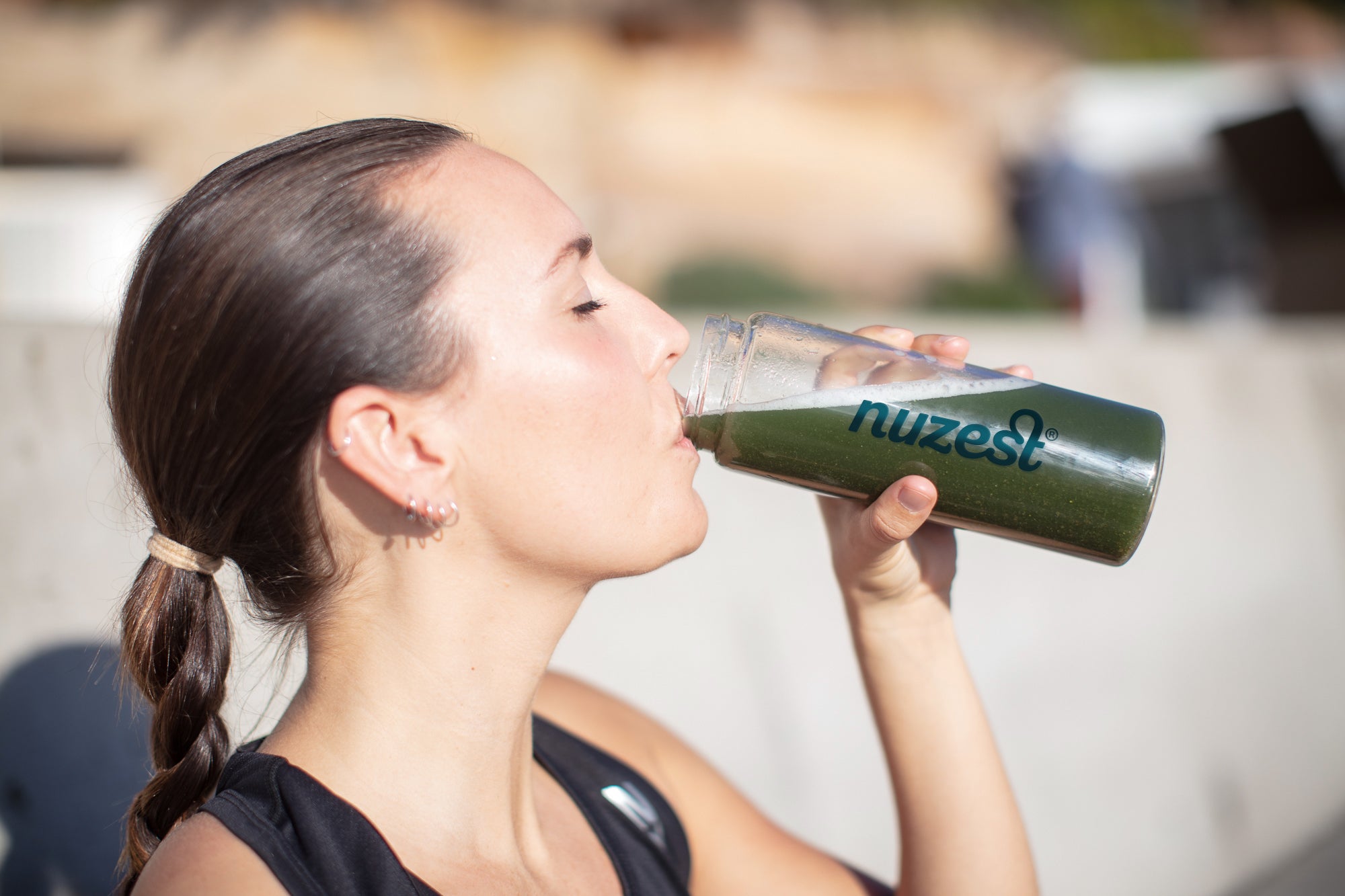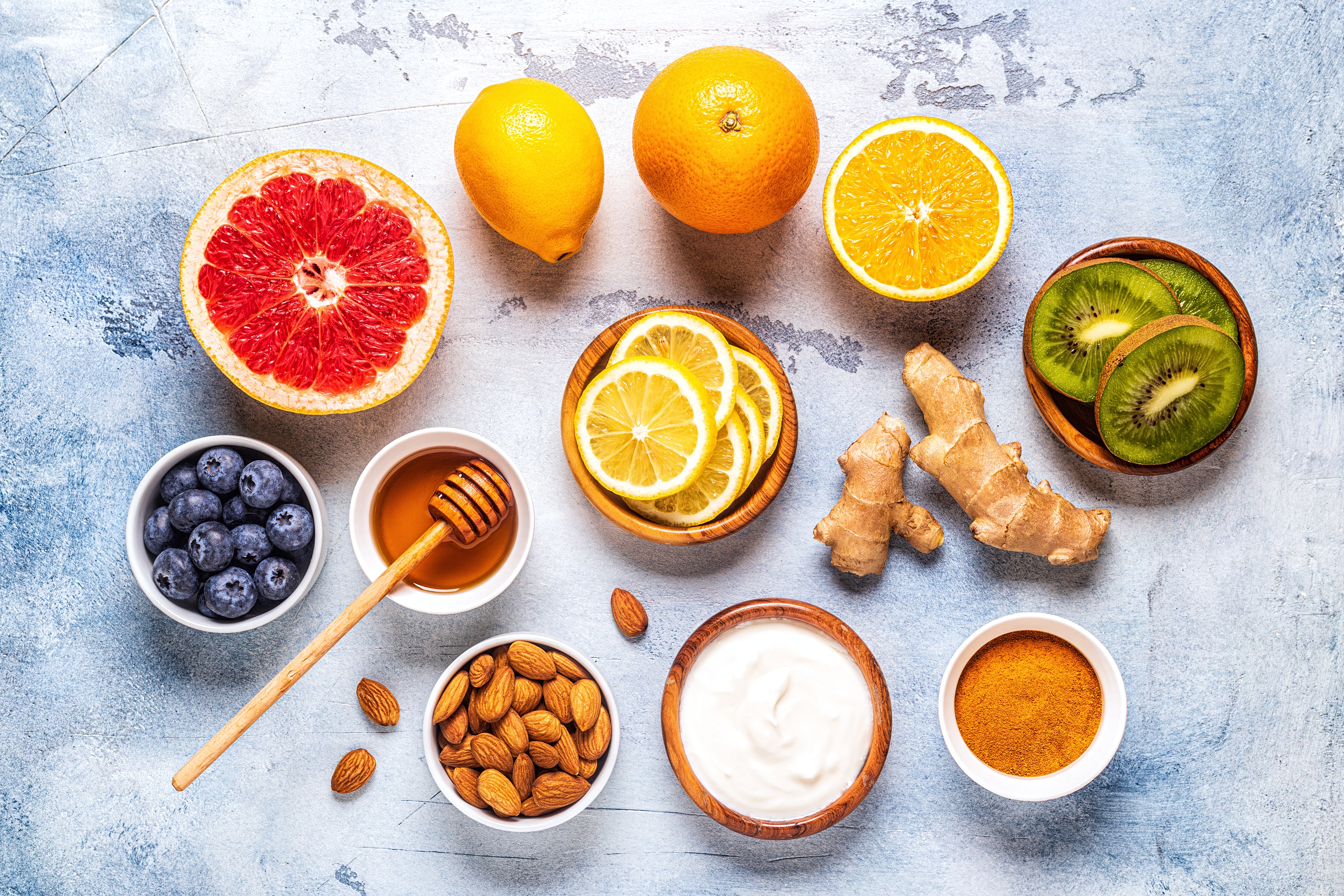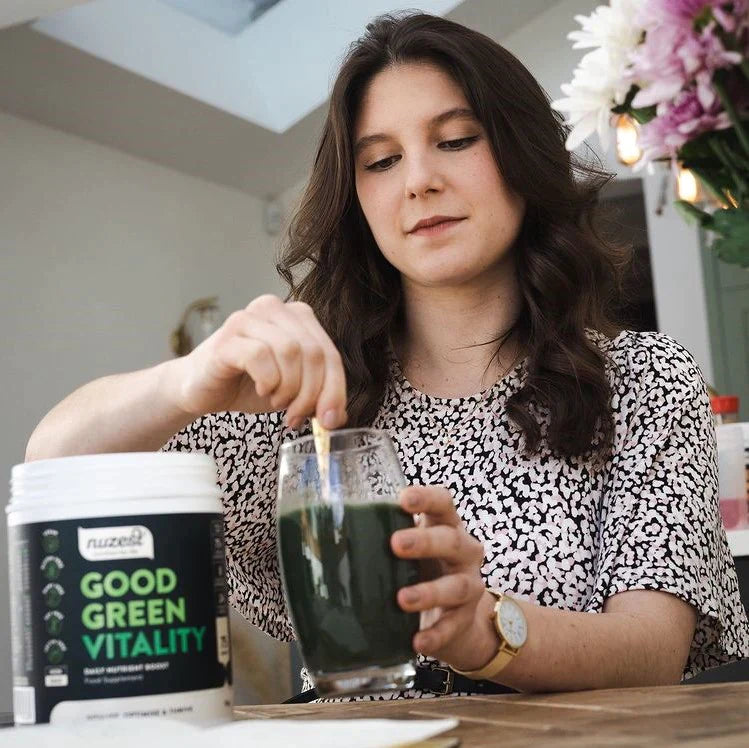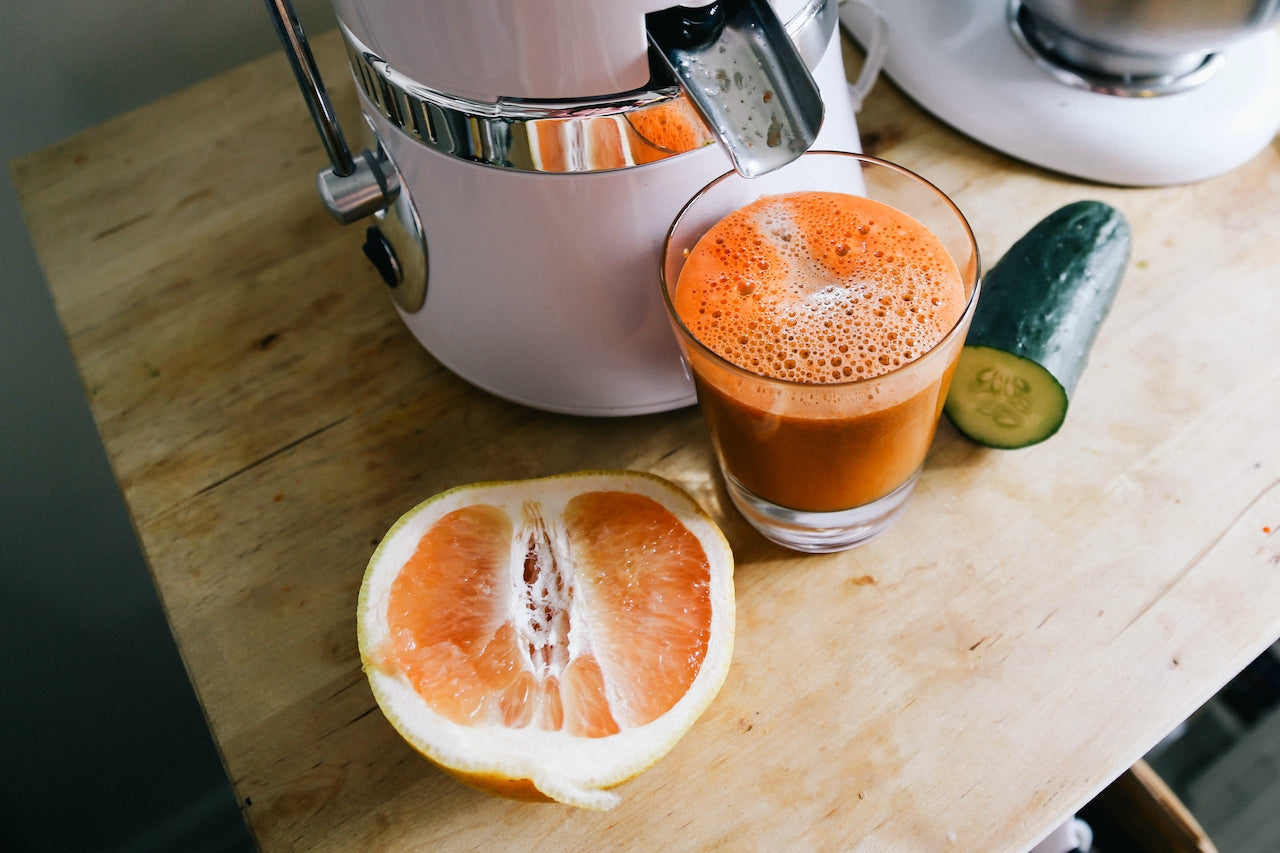Author: Nutritionist Georgie Gunn
Physician, Martin H. Fischer once said “Life goes faster on protein.” He was right. Without protein, it’s very difficult to put one step in front of the other. Protein is responsible for the growth of something we all want—muscle! For this reason athletes are forever trying to reach their protein goals. Supplementation offers a way to reach protein thresholds when diet is simply not enough. In 2015, protein powder sales were valued at $4.7 billion. Which tells us what? People are investing in this macro nutrient in every way possible.
What is protein?
At a cellular level, proteins are polymers of amino acids linked via peptide bonds. These proteins are the body’s main source of nitrogen which we need for growth7.
In regards to good nutrition, we’re only concerned with the amino acids they form. Particularly 20 specific ones encoded in DNA, plus 5 others—ornithine, citrulline, γ-aminobutyrate, β-alanine, and taurine—that play quantitatively important roles in the body7. Of the 20 amino acids present in proteins, 9 are considered nutritionally essential amino acids (EAAs) because the body is not able to manufacture them3. These 9 amino acids are leucine, valine, isoleucine, histidine, lysine, methionine, threonine, tryptophan, and phenylalanine. In addition, two others are made from their indispensable precursors: cysteine from methionine, and tyrosine from phenylalanine3.
Protein’s Role in the Body
As previously mentioned, protein promotes growth—it’s the catalyst for all reactions in the body. Think of it like the engine of a car, nothing really gets going without turning on the engine—right?
Amino acids not only repair body tissues including muscle, skin, bone, organs, nails and hair, but also act as their major constituents1. Without protein, we can’t build muscle and we certainly can’t repair it, so protein is essential for sports recovery. Proteins also regulate gene expression, the immune system, metabolism. What’s more, Proteins can assists in hormone prediction7.
Importance of Protein for Recovery in Sport
Optimal muscle health is more than just about meeting daily protein needs. Protein is in constant turnover. What that means is that at any given time, older damaged proteins are degraded through muscle protein breakdown and are replaced with new functional muscle proteins through muscle protein synthesis8. Muscle protein is gained if rates of synthesis exceed breakdown. Conversely, muscle protein is lost if breakdown exceeds synthesis in a state of negative net muscle protein balance5.
Damage to muscle tissue (i.e. pulled hamstring or muscle tenderness) requires an increase of muscle synthesis or an increased intake of protein in order to compensate for the muscle breakdown. A good rule of thumb is to increase protein intake by 20% during muscle recovery5.
You may have heard a myth that you need to consume protein immediately after a workout in order to maximize muscle growth.
Is this the same with preventing recovery?
Are the gym goers and fitness fanatics who chug shakes immediately after a workout doing so for muscle repair as well?
Yes and no. Yes, they are maximizing muscle growth and replacing damaged muscle. In fact, about 20 grams of high-quality protein is sufficient to stimulate muscle protein synthesis and regeneration following resistance exercise1. However, the window which muscle requires this new hit of muscle juice is several hours, not 20 minutes. So relax Rocky’s, you have time to get home and shower first.
How Much Protein?

A question with many answers…
For starters the Australian Guidelines suggest 0.75 g/kg for female adults and 0.84 g/kg for male adults4. Considering the importance of protein, research now suggests these intakes simply won’t cut it.
Let’s take a look at what the protein experts at Examine have to say - these ranges are based on your total body weight2.
- If you’re sedentary, aim for 1.2–1.8 g/kg.
- If you’re of healthy weight and active and wish to build and repair muscle, aim for 1.6–2.4 g/kg.
- If you’re of healthy weight and active and wish to keep your weight, aim for 1.4–2.0 g/kg.
- If you’re of healthy weight and active and wish to lose fat, aim for 1.6–2.4 g/kg.
- If you’re overweight, aim for 1.2–1.5 g/kg.
- If you’re pregnant, aim for 1.7–1.8 g/kg.
- If you’re lactating, aim for at least 1.5 g/kg.
(Examine.com, 2020).
More recently you may have heard the hype from Aussie scientists David Raubenheimer and Stephen Simpson’s book Eat Like The Animals, and their well informed thoughts on protein. By extensive observations they concluded that optimizing intake of protein may be the answer to wellbeing. For optimal protein, they suggest multiplying your total energy intake by the following values6:
- Child and adolescent: 0.15 (15% of diet)
- Young adult (18-30): 0.18
- Pregnant and breastfeeding: 0.20
- Mature adult (30s): 0.17
- Middle years (40-65): 0.15
- Older age (>65): 0.20
(Raubenheimer & Simpson, 2020).
So, how much protein? You can see that it’s not a simple answer, but recent evidence suggests an intake of at least 18% or 1.5 g/kg of body weight. If you’re vegan, vegetarian, or obtain most of your protein from plants, then your protein requirements should be a little higher because plant-based proteins have incomplete amino acid profiles and are less bioavailable than animal proteins.
The Benefit of Protein Powder
For one, convenience. Compared with frying up eggs and bacon, adding a scoop of protein powder to a smoothie is far less work and more heart-healthy. Secondly, if you’re an athlete or extremely active your protein intake needs to increase for two reasons: to sustain muscle growth and prevent muscle/tissue damage—even with your three meals a day, you may still fall short. That’s why supplementing your smoothies, bliss balls, yogurts, overnight oats, pancakes, etc. with a quality protein powder is a great way to meet that protein threshold.
Clean Lean Protein has a whopping 19-20 grams of protein per serving, making it superior to most plant-based protein powders. It uses the highest quality pea protein isolate which is incredibly rich in protein and is one of the few ‘clean label’ vegetable proteins that’s free of nasties.
In the words of Dr. Fischer, why not go faster on protein?
References
- Cintineo, H. P., Arent, M. A., Antonio, J., & Arent, S. M. (2018). Effects of Protein Supplementation on Performance and Recovery in Resistance and Endurance Training. Frontiers in nutrition, 5, 83. https://doi.org/10.3389/fnut.2018.00083
- Examine.com (2020). Optimal protein intake guide. Retrieved March 08, 2021, from https://examine.com/guides/protein-intake/#how-much-protein-do-you-need-per-day_-tip-calculating-your-protein-needs
- Gorissen, S., Crombag, J., Senden, J., Waterval, W., Bierau, J., Verdijk, L. B., & van Loon, L. (2018). Protein content and amino acid composition of commercially available plant-based protein isolates. Amino acids, 50(12), 1685–1695. https://doi.org/10.1007/s00726-018-2640-5
- National Health and Medical Research Council. (2005, January 01). Nutrient Reference Values for Australia and New Zealand: Protein. Retrieved March 06, 2021, from https://www.nrv.gov.au/nutrients/protein
- Poulios, A., Georgakouli, K., Draganidis, D., Deli, C. K., Tsimeas, P. D., Chatzinikolaou, A., Papanikolaou, K., Batrakoulis, A., Mohr, M., Jamurtas, A. Z., & Fatouros, I. G. (2019). Protein-Based Supplementation to Enhance Recovery in Team Sports: What is the Evidence?. Journal of sports science & medicine, 18(3), 523–536.
- Raubenheimer, D., &; Simpson, S. (2020). Eat Like the Animals. Harpercollins Australia.
- Watford, M., & Wu, G. (2018). Protein. Advances in nutrition (Bethesda, Md.), 9(5), 651–653. https://doi.org/10.1093/advances/nmy027
- Witard, O. C., Garthe, I., & Phillips, S. M. (2019). Dietary protein for training adaptation and body composition manipulation in track and field athletes. International Journal of Sport Nutrition and Exercise Metabolism, 29(2), 165-174. doi:10.1123/ijsnem.2018-0267



